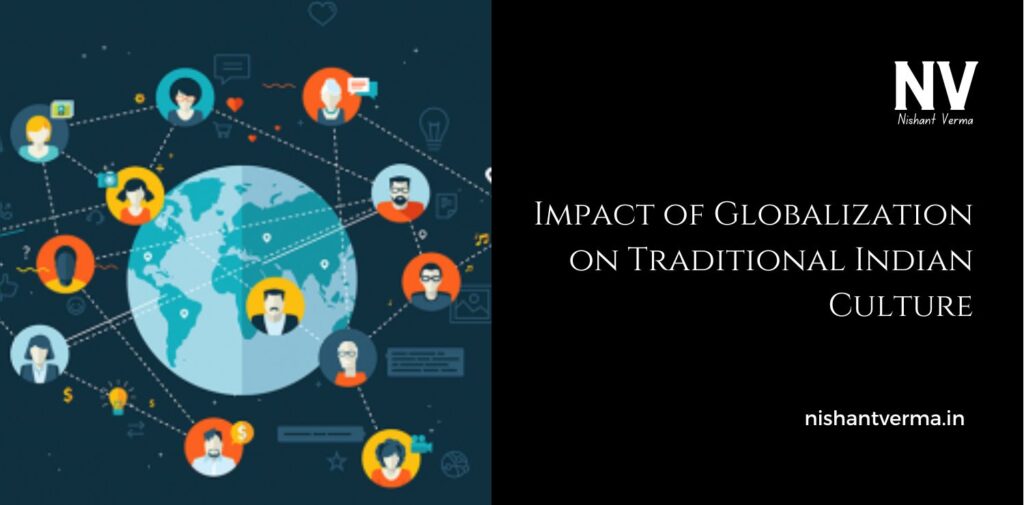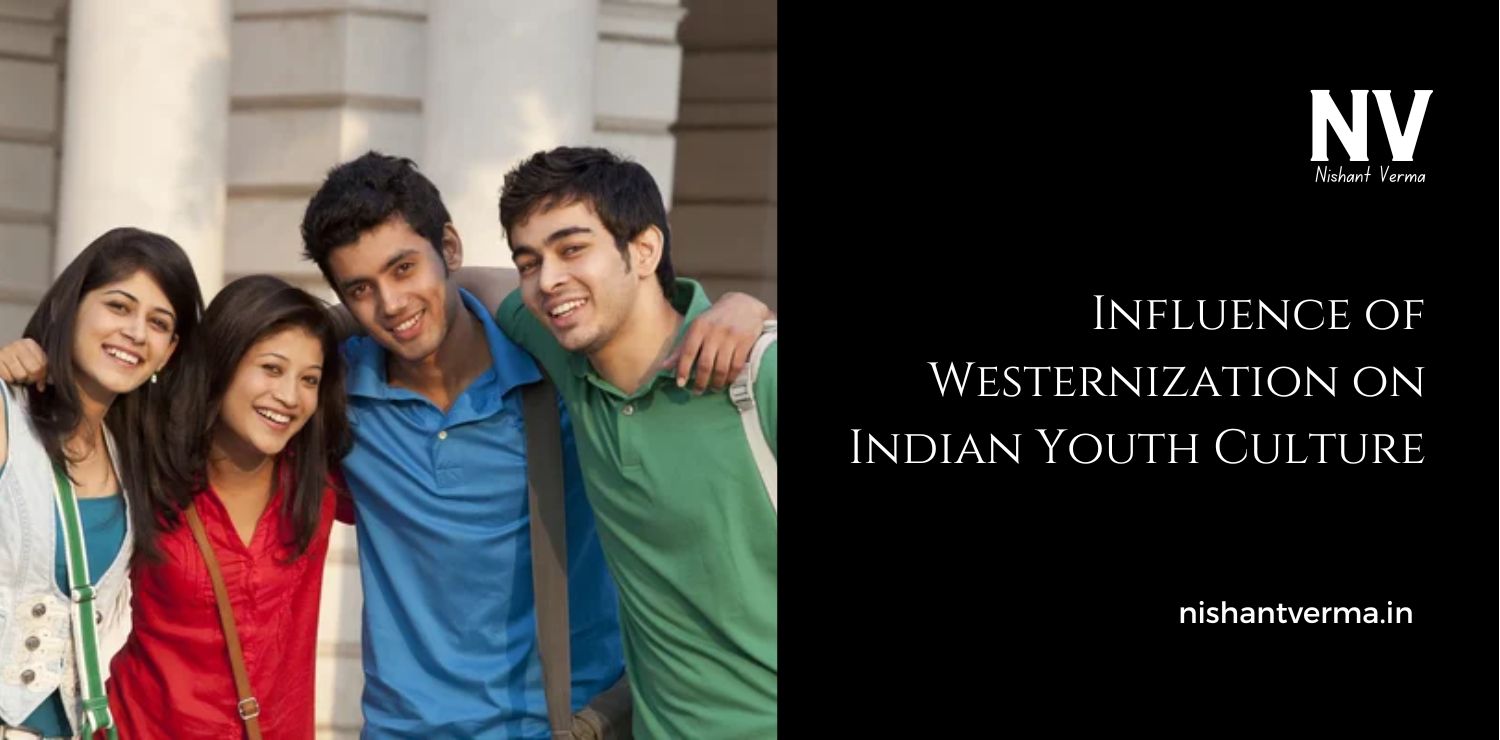India is a country with a very rich and ancient culture. It has a deep history of traditions, music, dance, art, clothing, food, and religion. But over the past few decades, a process called globalization has started to change the way people in India live, think, and connect with others. Globalization is a word used to describe how countries, cultures, and economies are becoming more connected to each other. This has brought many changes to the world, and India is no exception.
In this article, we will explore how globalization has impacted traditional Indian culture. We will look at both the good and the challenging sides of these changes and how they have shaped India’s identity today.
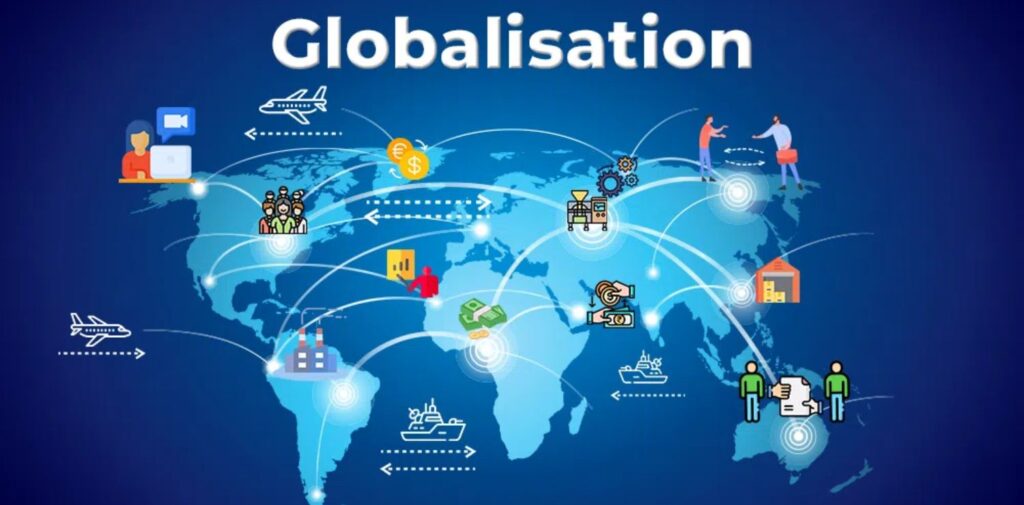
What is Globalization?
Globalization is the process by which people, businesses, and cultures around the world are becoming more connected. This means that ideas, goods, and services can travel across countries more easily. Thanks to the internet, social media, international businesses, and travel, the world has become more interconnected.
For India, globalization began to have a noticeable effect after the 1990s. Before that, India was more isolated and focused on its own ways of life. But as technology and communication improved, Indian culture started blending with cultures from other parts of the world. This has led to new opportunities and challenges for India’s traditional way of life.
The Good Side of Globalization on Indian Culture
Globalization has brought many positive changes to India. Let’s look at some of the ways it has helped improve Indian culture.
Exposure to New Ideas and Knowledge
One of the good things about globalization is that it has allowed people in India to learn about new ideas and cultures. Thanks to the internet and TV, people in India can now watch movies from different countries, listen to international music, and learn about different traditions and beliefs. This has helped people develop a broader view of the world and understand different cultures better.
Globalization has also helped improve education in India. Indian students can now attend online classes from top universities around the world. This exchange of knowledge has led to the growth of new skills and ideas, which can help improve India’s economy and society.
Increased Economic Growth
Another positive effect of globalization is the growth of India’s economy. More businesses from around the world are investing in India. As a result, many new jobs have been created, and people now have more opportunities to earn a living. This has led to a rise in the standard of living for many people in India.
The influence of globalization has also encouraged Indian businesses to grow and become more competitive. Many Indian products and services, such as Bollywood films, yoga, and Indian food, are now popular worldwide. This has brought a sense of pride to Indians, as their culture is being appreciated all over the world.
Cultural Exchange and Innovation
Globalization has allowed India to share its culture with the world and to learn from others. For example, Indian music, dance, and movies are loved by people in many countries. Bollywood films have become popular in places like the United States, the United Kingdom, and the Middle East. Traditional Indian dances like Bharatanatyam and Kathak are being performed in many countries.
At the same time, India is also adopting some aspects of global culture. This has led to a fusion of cultures, where traditional Indian elements are combined with new ideas. For example, many young people in India now enjoy blending traditional Indian clothing, like the sari, with modern styles, like jeans or T-shirts. This combination of old and new has created exciting new trends in fashion and art.
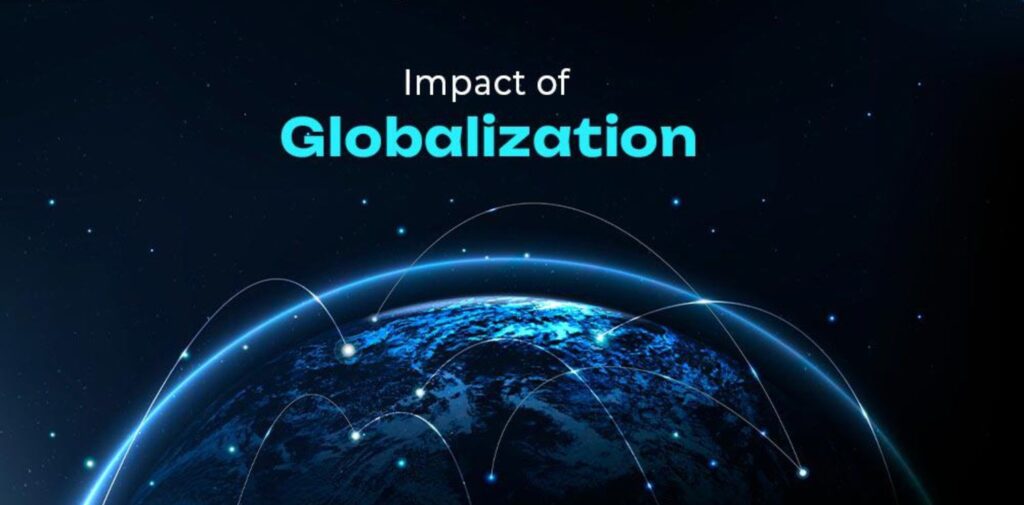
The Challenges of Globalization on Indian Culture
While globalization has brought many benefits, it has also caused some problems for traditional Indian culture. Let’s look at the challenges that have come with globalization.
Loss of Traditional Values and Practices
As global culture has spread to India, many young people have become interested in Western ways of life. Western movies, music, fashion, and technology have become very popular, and many young people are choosing to follow these trends instead of traditional Indian customs. For example, celebrating festivals like Diwali or Holi may not be as important to some young people as going to the cinema or shopping at malls.
This shift has led to concerns about the loss of traditional values and customs. Many older generations worry that future generations may not know or appreciate their culture as much. Practices like wearing traditional clothes, speaking native languages, and following cultural rituals might become less common as globalization continues.
Changes in Food and Eating Habits
Globalization has also had an impact on the way people in India eat. In cities, fast food chains like McDonald’s, Pizza Hut, and KFC have become popular. These food chains bring fast, convenient, and Western-style food to India. As a result, many people, especially younger generations, have started eating more fast food and less traditional Indian food.
Traditional Indian dishes, like dosas, biryanis, and roti, are being replaced with burgers, pizzas, and fries. This change in eating habits is not only affecting health, but it is also changing how people connect with their food culture. Many people are worried that traditional Indian food could be forgotten in the future.
Impact on Languages and Local Traditions
Another challenge of globalization is the impact it has on India’s many languages. India has more than 20 major languages, and each region has its own local traditions and customs. However, English has become the dominant language in business, education, and government. As more people use English, local languages like Hindi, Tamil, Bengali, and Marathi are being spoken less, especially among younger people.
The rise of global media and entertainment in English also means that people are consuming fewer traditional stories, songs, and folklore in local languages. This can make local cultures and traditions weaker over time. In some places, people are starting to lose the connection with their roots and their native language.
Cultural Homogenization
Globalization has led to what some people call cultural homogenization. This means that cultures around the world are becoming more similar to each other. With global television shows, movies, and advertisements all around, people in different countries might start to look, dress, and act in similar ways.
For example, wearing jeans, watching Hollywood movies, and celebrating global holidays like Christmas and New Year are becoming popular in India. While this can be fun and exciting, it also means that the uniqueness of each culture can be lost. Some people fear that India’s traditional culture, with its distinct festivals, art forms, and customs, could get overshadowed by global influences.
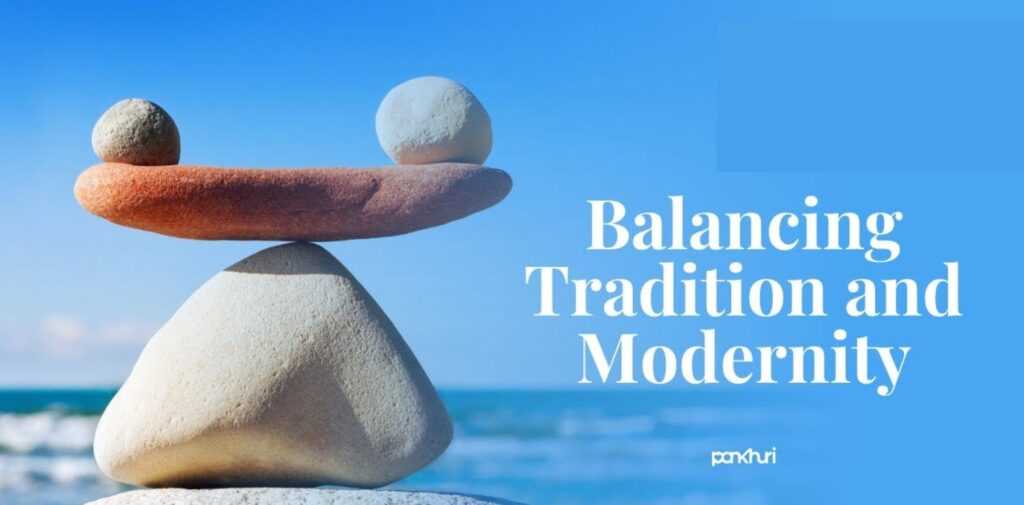
Balancing Tradition and Modernity
While globalization has brought many positive changes, it is important for India to find a balance between adopting new ideas and preserving its traditional culture. It is possible to enjoy modern technology, fashion, and ideas, while still celebrating and respecting India’s rich history, customs, and traditions.
For example, many young people in India are choosing to wear modern clothes like jeans or dresses, but they still celebrate traditional festivals like Diwali and Durga Puja with their families. They may watch global movies, but they also enjoy Indian films and listen to traditional Indian music. People are finding ways to embrace both global and local cultures, creating a blend of the old and the new.
Conclusion
Globalization has had both positive and negative effects on Indian culture. It has opened up new opportunities for India to connect with the world, share its culture, and grow economically. However, it has also posed challenges to traditional values, practices, and languages.
In the future, it will be important for India to continue embracing the benefits of globalization while making sure that its rich culture, languages, and traditions are not lost. By finding a balance between modernity and tradition, India can continue to grow while staying connected to its roots.
In the end, India’s culture is unique and special, and it will always find ways to adapt and evolve while holding onto what makes it truly Indian.

